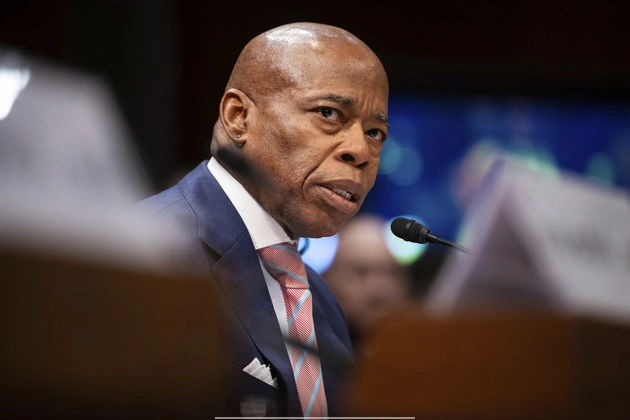
New York City’s business community is actively advocating for congestion pricing to alleviate traffic congestion in the city. President Donald Trump’s initial opposition to the tolls has created a unique opportunity for persuasion.
The Push for Congestion Pricing
The Partnership for New York City, consisting of influential CEOs, is championing congestion pricing as a viable solution. They argue that the policy aligns with Republican principles of tax reduction and regulatory efficiency.
Despite resistance from anti-toll Republicans, business leaders believe that congestion pricing is essential for the city’s infrastructure development. The toll revenue is earmarked for substantial upgrades to the Metropolitan Transportation Authority’s transit systems.
Political Dynamics and Economic Benefits
As the debate unfolds, the tension between business interests and political ideologies becomes apparent. The business community emphasizes the economic benefits and traffic reduction potential of congestion pricing, contrasting with concerns raised by working-class commuters.
Moreover, the push for congestion pricing has garnered support from unexpected quarters, including former Trump administration officials advocating for a pragmatic approach to toll implementation.
Trump’s Influence and Future Prospects
President Trump’s wavering stance on congestion pricing has significant implications for the policy’s future. Business leaders are engaging in a delicate dance of persuasion, highlighting the popular support for tolls among New Yorkers.
Despite opposition from various quarters, including New Jersey Governor Phil Murphy, the momentum for congestion pricing continues to grow. Advocates stress the necessity of predictable tax policies and infrastructure investments for the city’s economic vitality.
In conclusion, the debate over congestion pricing in New York City underscores the complex interplay between business interests, political dynamics, and urban development goals. The city’s future transportation landscape hinges on striking a delicate balance between economic imperatives and public sentiment.















